how to increase sodium in garden?
pagardner
14 years ago
Featured Answer
Sort by:Oldest
Comments (26)
gargwarb
14 years agopagardner
14 years agoRelated Professionals
Surprise Landscape Architects & Landscape Designers · Essex Landscape Architects & Landscape Designers · Fitchburg Landscape Architects & Landscape Designers · Ilchester Landscape Architects & Landscape Designers · El Segundo Landscape Contractors · Gallatin Landscape Contractors · Hicksville Landscape Contractors · Leicester Landscape Contractors · Longview Landscape Contractors · St. Louis Landscape Contractors · Ashland Decks, Patios & Outdoor Enclosures · Chandler Decks, Patios & Outdoor Enclosures · Pueblo West Decks, Patios & Outdoor Enclosures · Roanoke Decks, Patios & Outdoor Enclosures · Rocklin Decks, Patios & Outdoor Enclosuresjustaguy2
14 years agosoil_lover
14 years agoDan _Staley (5b Sunset 2B AHS 7)
14 years agotakadi
14 years agoMichael
14 years agoKimmsr
14 years agoDan _Staley (5b Sunset 2B AHS 7)
14 years agopagardner
14 years agoDan _Staley (5b Sunset 2B AHS 7)
14 years agojonas302
14 years agopagardner
14 years agogargwarb
14 years agoDan _Staley (5b Sunset 2B AHS 7)
14 years agopagardner
14 years agosirilucky
14 years agogargwarb
14 years agoDan _Staley (5b Sunset 2B AHS 7)
14 years agogargwarb
14 years agoMichael
14 years agogargwarb
14 years agoDan _Staley (5b Sunset 2B AHS 7)
14 years agoMichael
14 years agopagardner
14 years ago
Related Stories

EXTERIORS17 Ways to Increase Your Home's Curb Appeal
The word on the street? Homes with appealing front views can sell faster, lift moods and convey a warm welcome
Full Story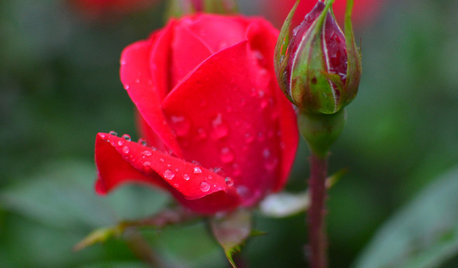
GARDENING GUIDESGreat Design Plant: Knock Out Roses
As glorious as their high-maintenance kin for a fraction of the work, Knock Out roses make even beginners look like garden stars
Full Story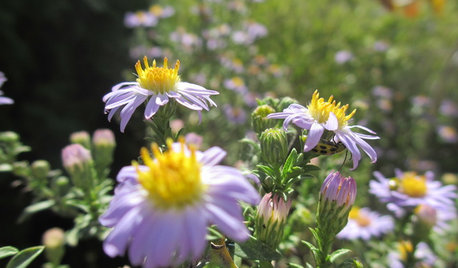
NATIVE PLANTSPlant These Fall-Flowering Natives in Early Summer for Pollinator Love
These 3 groups of plants will support masses of beneficial insects come autumn
Full Story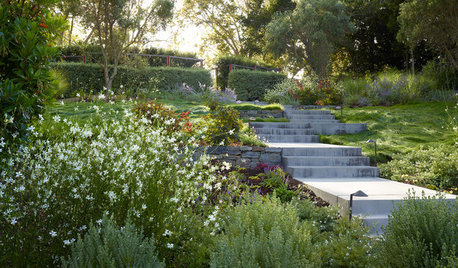
EARTH DAY5 Ideas for a More Earth-Friendly Garden
Consider increasing the size of garden beds, filtering rainwater and using plants to reduce energy use
Full Story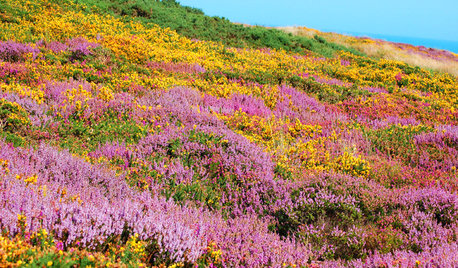
GARDENING FOR BUTTERFLIESGreat Design Plant: Scotch Heather
The moors aren't all moody, as this prettily colored evergreen shrub proves. Plant it en masse for an epic romance in your own garden
Full Story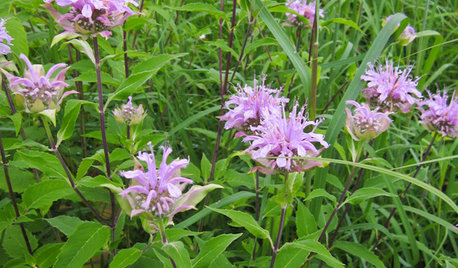
NATIVE PLANTSGreat Design Plant: Wild Bergamot, Friend of Foragers
Nourish butterflies and other winged creatures with the tubular flowers of Monarda fistulosa, a pretty pink native
Full Story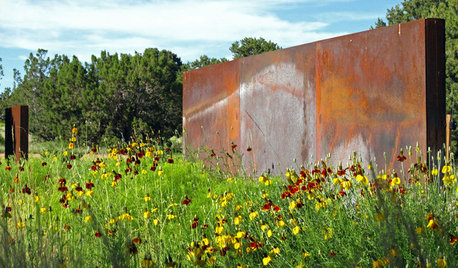
GARDENING GUIDESGreat Design Plant: Ratibida Columnifera
A shortgrass prairie native wildflower fit for pollinators and dry trouble spots offers benefits all year long
Full Story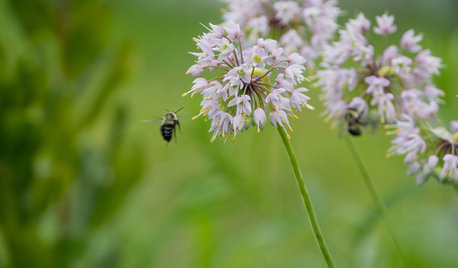
GARDENING GUIDES9 Clay-Busting Native Flowers for Summer Sun
These plants survive and even thrive in tough clay soil east of the Rocky Mountains
Full Story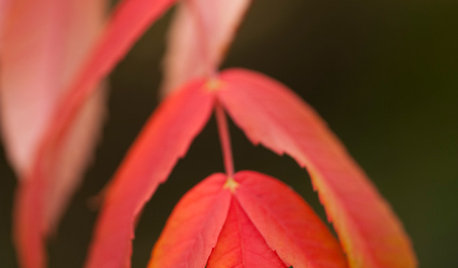
GARDENING GUIDESGreat Design Plant: Rhus Glabra
Smooth sumac provides powerful jolts of fall color and persistent fruit clusters that add interest through the winter
Full Story
MOST POPULARWhat to Know About Adding a Deck
Want to increase your living space outside? Learn the requirements, costs and other considerations for building a deck
Full StorySponsored
Central Ohio's Trusted Home Remodeler Specializing in Kitchens & Baths
More Discussions







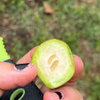
pagardnerOriginal Author